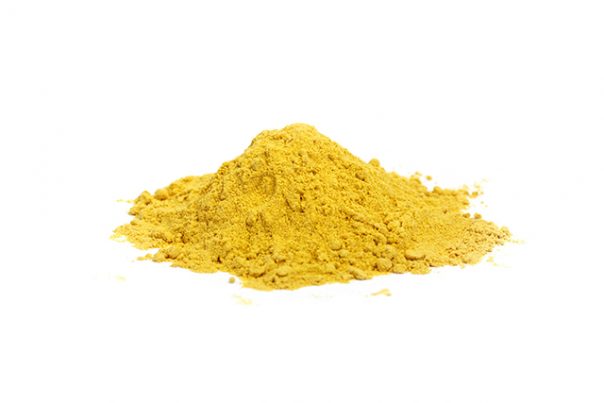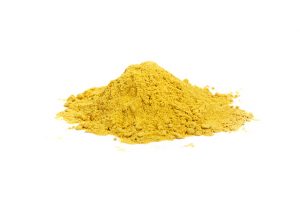
Mustard sources, health risks
Thursday, September 27, 2018 by Frances Bloomfield
http://www.naturalpedia.com/mustard-sources-health-risks.html

Mustard is the name for any of several flowering plant species belonging to the Brassicaceae family. The name “mustard” is a derivative of “mustum ardens”, a Latin phrase that means “burning must.” This refers to the spicy heat that emanates from crushed mustard seeds.
The first known use of the mustard plant is in plasters and poultices. Its applications have expanded considerably since then, with its most famous one being that of the condiment prepared mustard. In addition to this, the seeds of the mustard plant can be utilized as a spice or pressed to make mustard oil.
In spite of its medicinal origins, mustard can have some serious side effects that typically arise from excessive consumption of mustard-derived food products.

Harmful effects that can be caused by mustard
According to Botanical-Online.com, the glucosinolates of mustard can bring about a variety of gastrointestinal problems. These naturally occurring components lend the mustard plant its distinct spiciness and burning aftertaste, but are known to be very irritating. As such, ingesting too much mustard can result in an individual experiencing diarrhea, stomach pain, and vomiting.
In addition, mustard can be especially harmful to those with digestive conditions and complications, such as:
- Crohn’s disease
- Dyspepsia
- Gastritis
- Irritable colon
- Stomach ulcers
The glucosinolate content makes mustard dangerous for pregnant or lactating women. Glucosinolate is an abortifacient, or a substance that can induce abortions. Furthermore, glucosinolates can be transmitted to babies by way of breast milk. These compounds are thought to cause thyroid problems among children.
While mustard, the seeds in particular, can be used in topical applications, certain problems may arise as a result. These include skin blisters and irritant contact dermatitis, a type of contact dermatitis in which agents damage the skin’s surface faster than it can repair the damage. Though both conditions are known to appear when used on individuals with sensitive skin, it’s still best to exercise caution when utilizing mustard for topical purposes. Black mustard is especially notorious for its damaging effects on skin.
Some individuals may experience tearing up and sneezing after inhaling the scent of mustard.
Mustard has been shown to interact with certain medications, most notably, medications for hypertension and thrombus or blood clots.
Pure mustard oil is believed to be unfit for human consumption due to the presence of erucic acid. This fatty acid compound is concentrated in mustard oil, and has been found to have dangerous effects on the heart at high doses. Specifically, erucic acid can cause myocardial lipidosis or the fatty degeneration of the heart, wherein fibrotic lesions develop on heart muscles because of triglyceride build up. Moreover, erucic acid has been linked to respiratory problems, diarrhea, and in the most severe cases, death.
Body systems harmed by mustard
If taken internally, mustard has the potential to be very damaging to the digestive system. The glucosinolates and other components of mustard are highly irritating and can overstimulate the tissues and muscles that make up this bodily system. These effects, however, are confined to the ingestion of high doses of mustard. Smaller quantities are considered safe, barring any pre-existing digestive conditions.
If used externally, mustard can be harmful to the skin. Leaving mustard too long on the skin can bring about skin irritation, burns, and blisters. In the worst case scenarios, necrosis may occur. Because of this, people with delicate skin or skin that has wounds, rashes, or bruises are advised against using mustard in this manner.
Furthermore, the smell of mustard can be highly aggravating to the respiratory tract. Children and adults with hypothyroidism are at risk of having their thyroid glands negatively impacted by mustard.
Where to learn more
Summary
Depending on how it’s used, mustard poses the risk of harming the digestive system or the skin. Consuming mustard can lead to vomiting and diarrhea, and can exacerbate the symptoms of pre-existing digestive issues. Topical application of mustard, on the other hand, can damage the skin.
The smell of mustard can disturb the respiratory system.
People on medication for blood clots or hypertension shouldn’t take mustard because of the possibility of it interacting with their medicines.
Pure mustard oil can be bad for the heart because of its erucic acid content.
Sources include:
Dressings-Sauces.org
Botanical-Online.com 1
Botanical-Online.com 2
OnlyFoods.net
StyleCraze.com
Tagged Under: Tags: mustard





